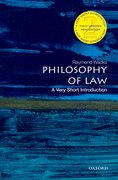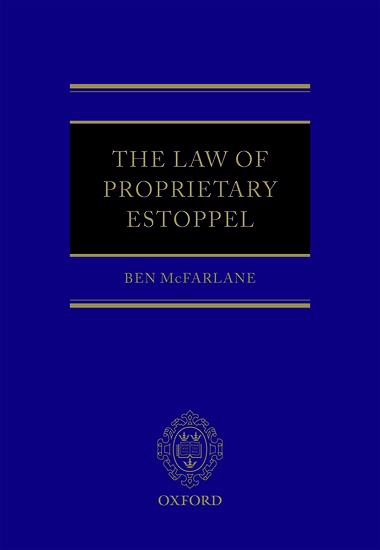Why we should revive dead languages
Approximately 7,000 languages are currently spoken worldwide. The majority of these are spoken by small populations. Approximately 96% of the world’s population speaks around 4% of the world’s languages, leaving the vast majority of tongues vulnerable to extinction and disempowering their speakers. Linguistic diversity reflects many things beyond accidental historical splits. Languages are essential building […]
















